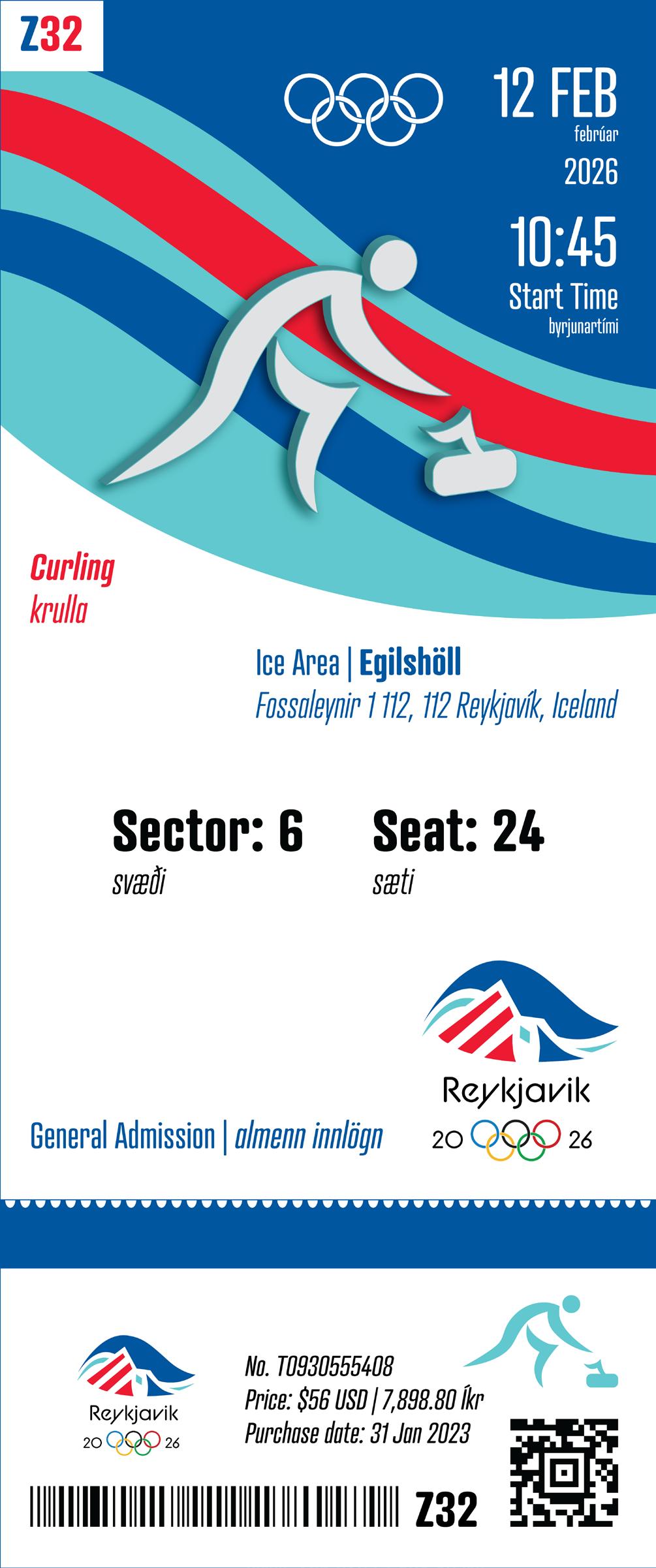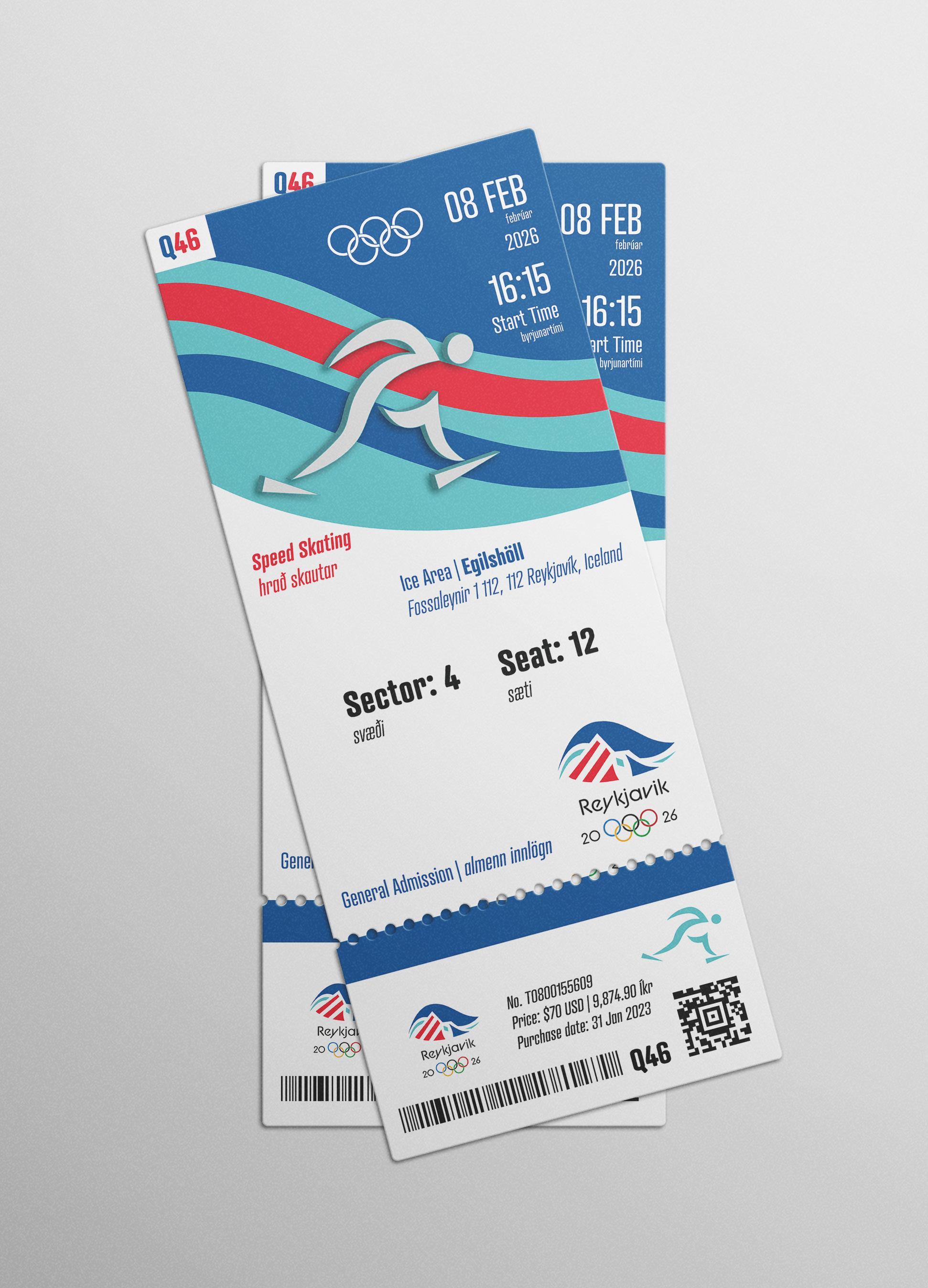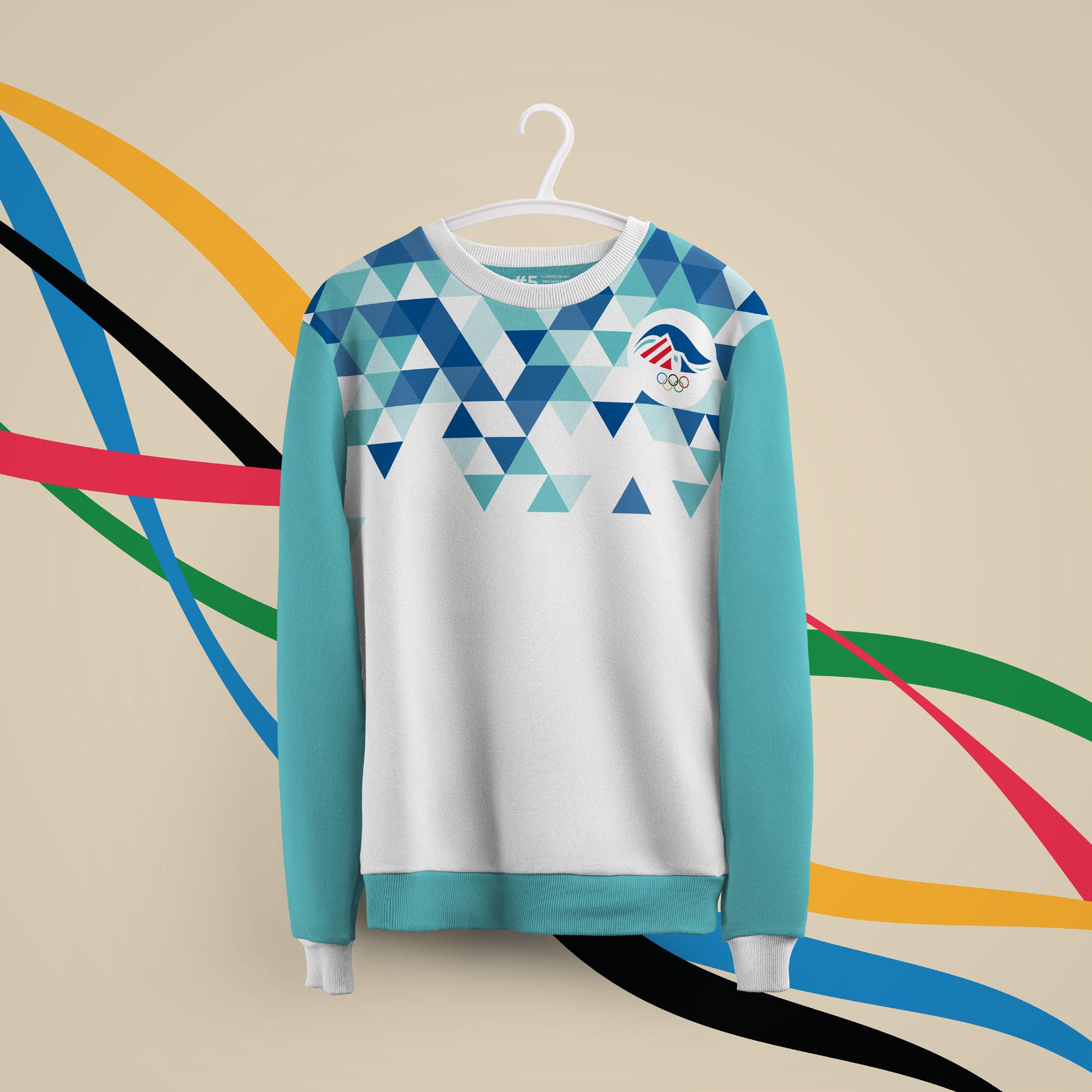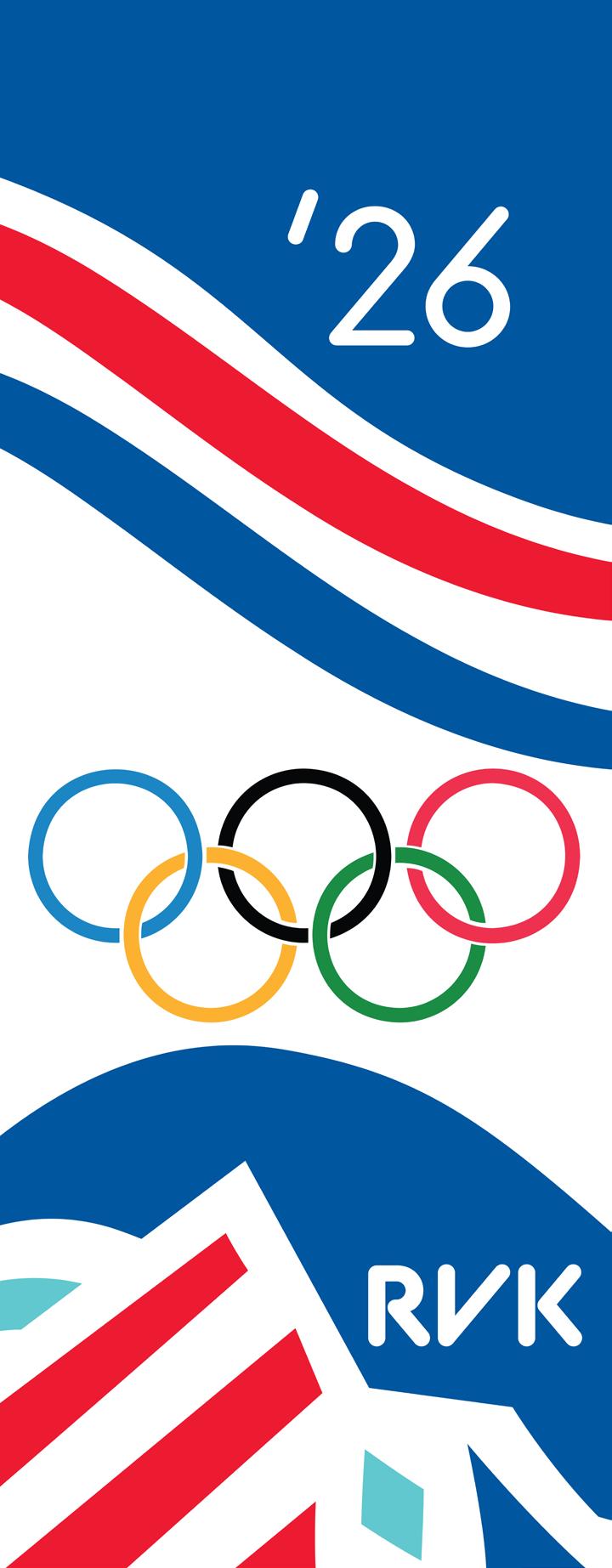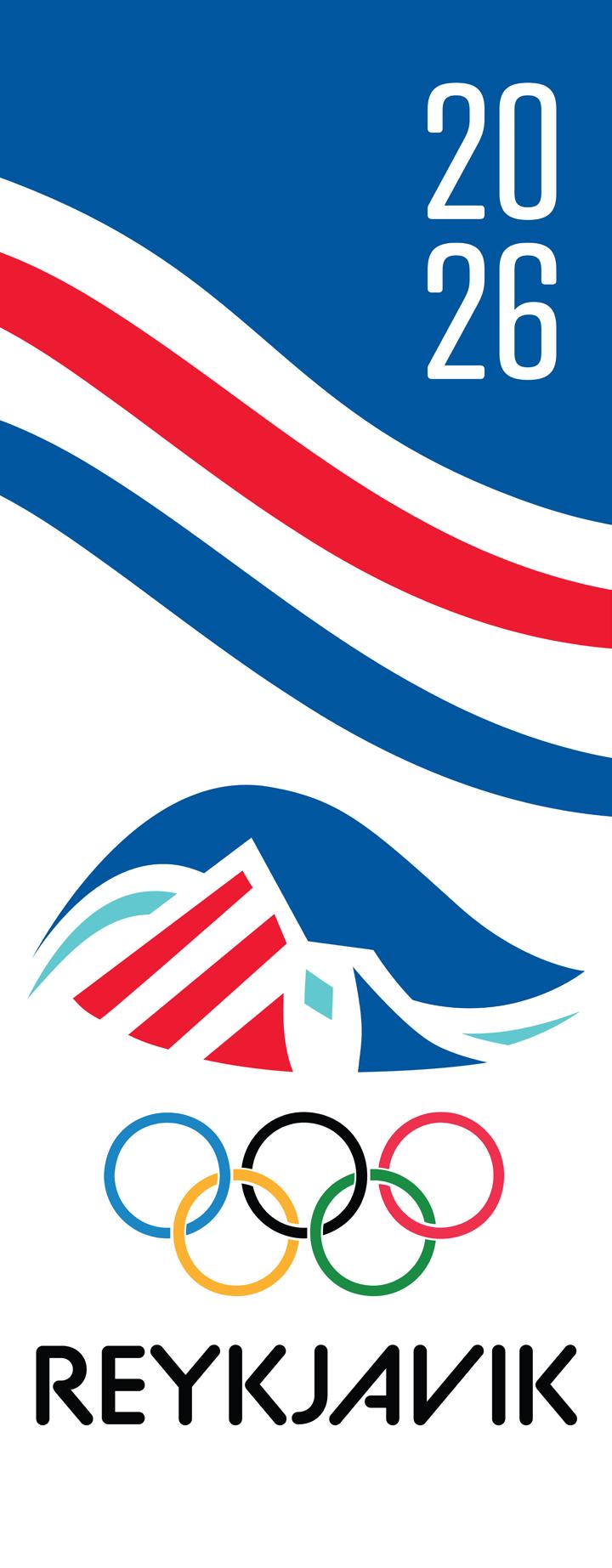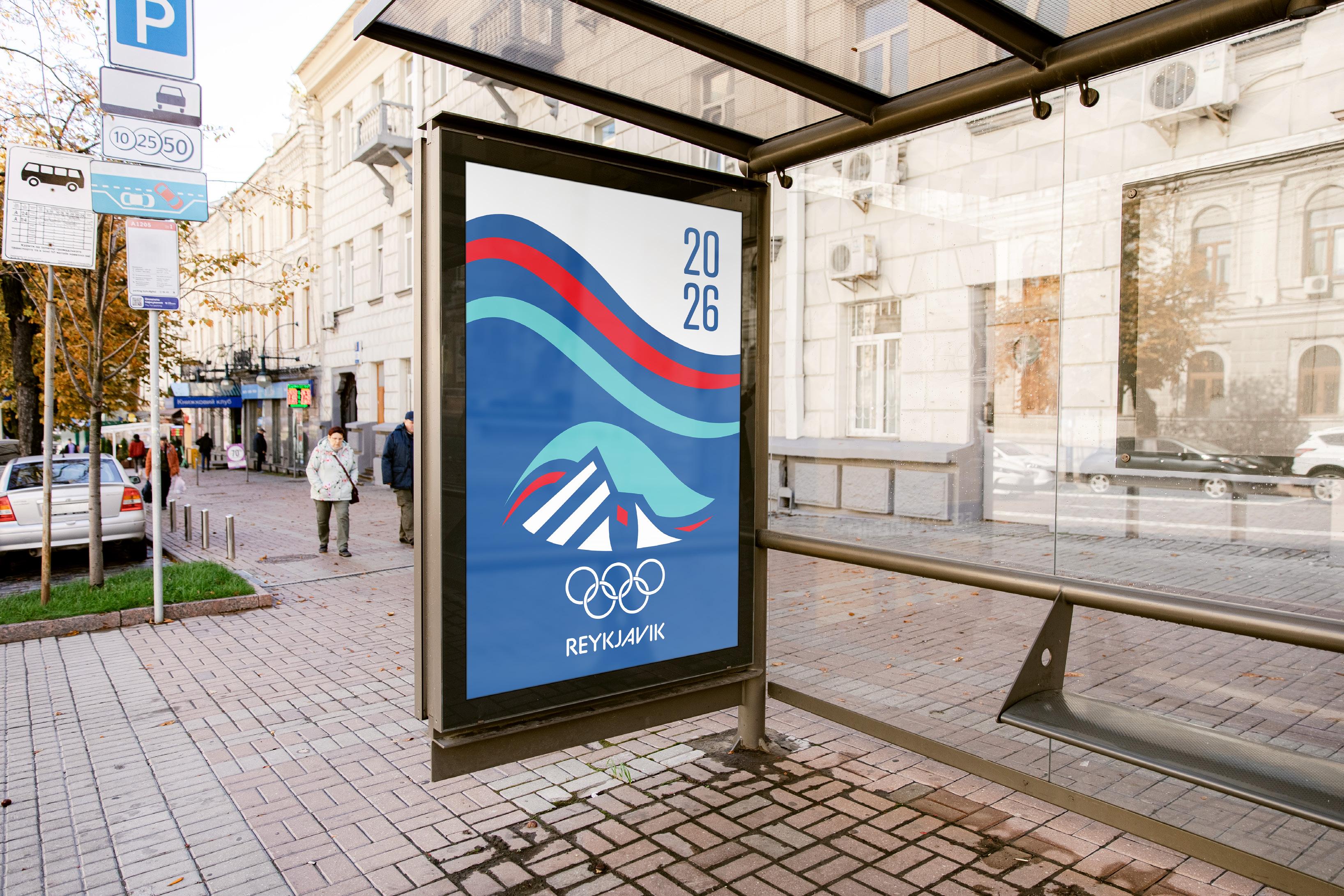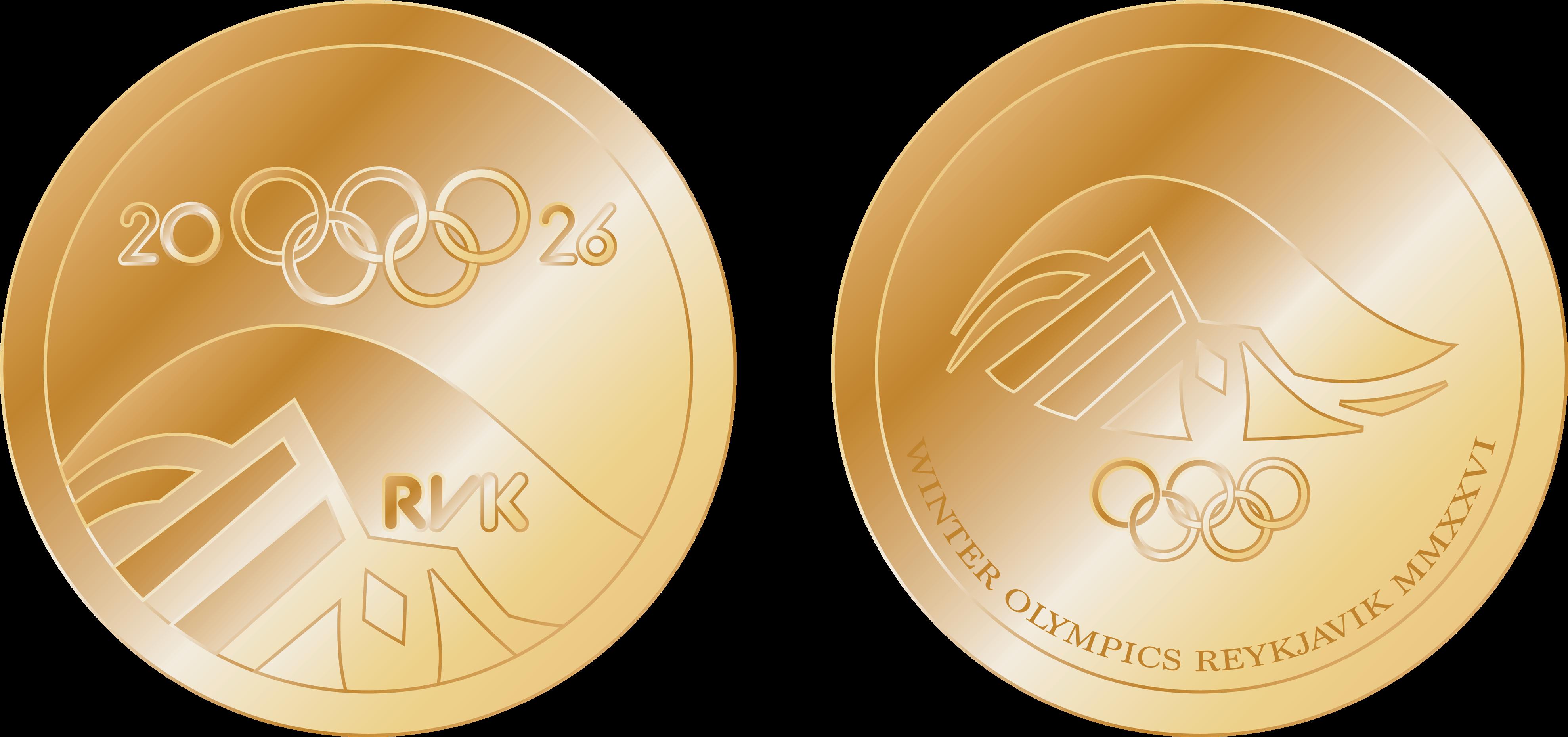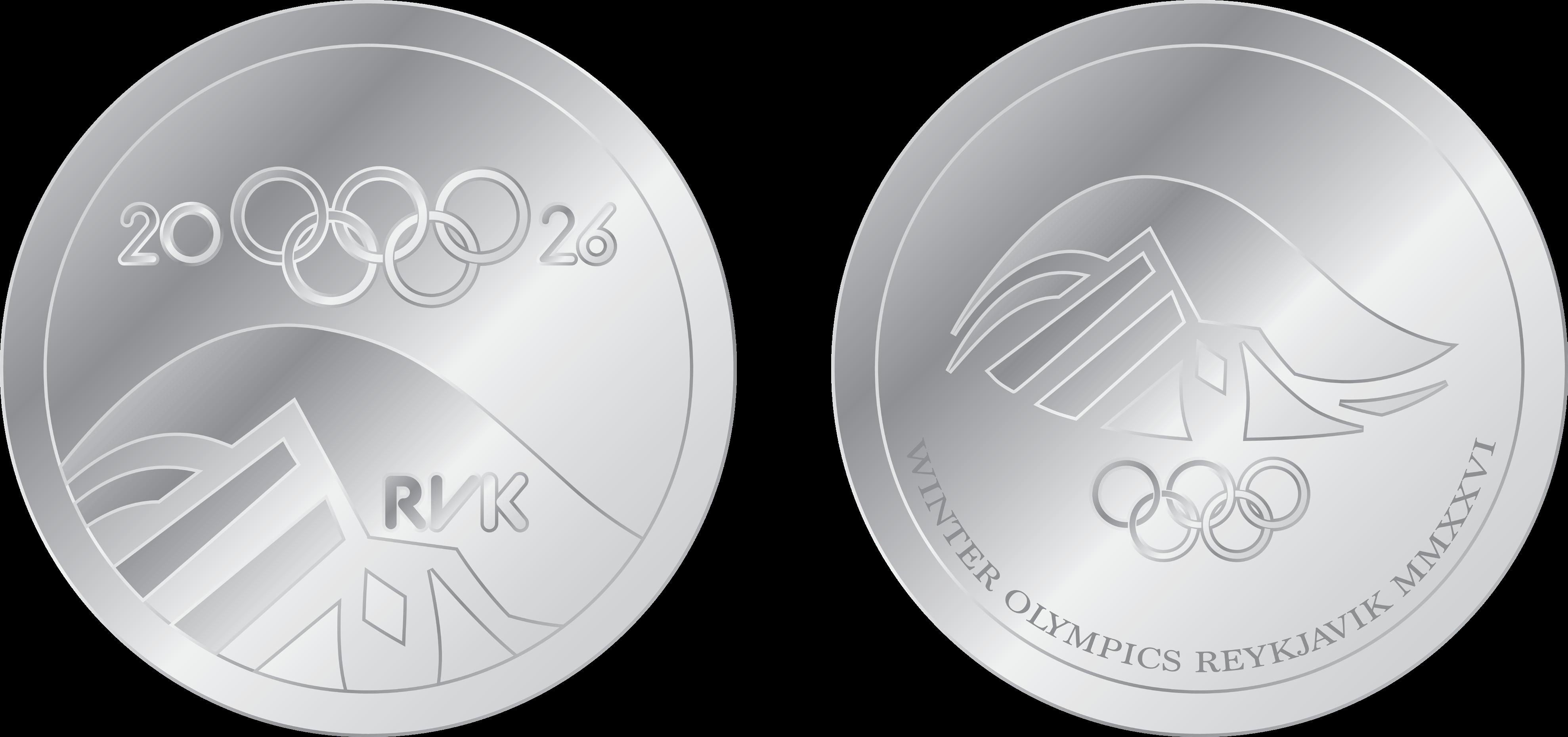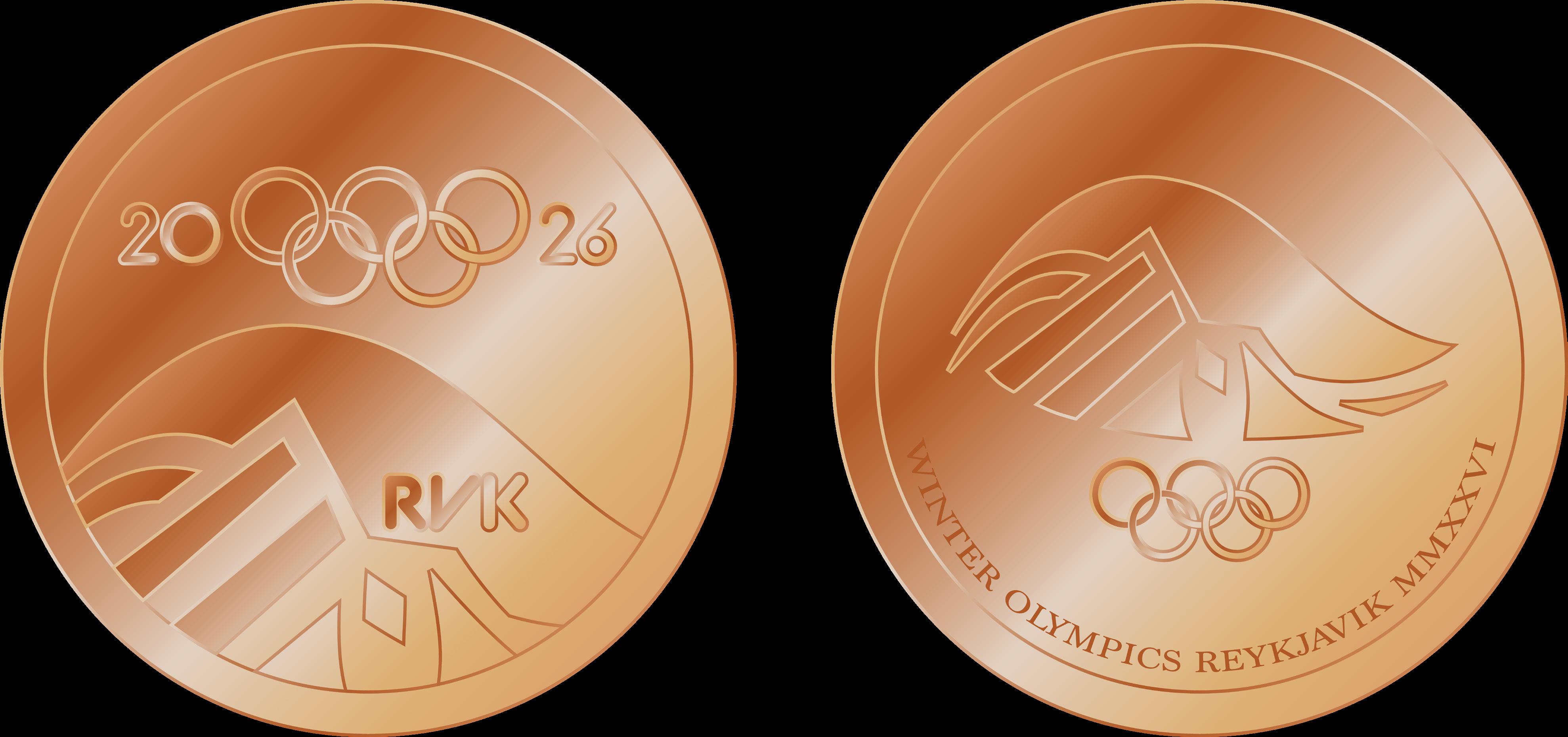


Sustainability is a priority for the International Olympic Committee (IOC). A warming climate threatens the continuation of winter sports. As the global average temperature increases, it is predicted that of the 21 past host cities, only one city will have enough reliable snowpack to host the games by the end of the 21st Century. So, exploring new host cities is a must. With climate change and sustainability in mind, hosting the Winter Olympics in the city of Reykjavik, Iceland, presents a unique opportunity to put sustainability at the forefront of the Winter Olympic Games. Iceland is pioneering research into environmental sustainability and renewable energy. Hosting the 2026 Winter Olympics in Iceland’s capital city presents the opportunity for Iceland to serve as a global ambassador for combating climate chance. Additionally, the “Land of Fire and Ice,” has stunning natural beauty, and the city of Reykjavik offers world-class dining, shopping, nightlife, museums, galleries, and a wealth of history.
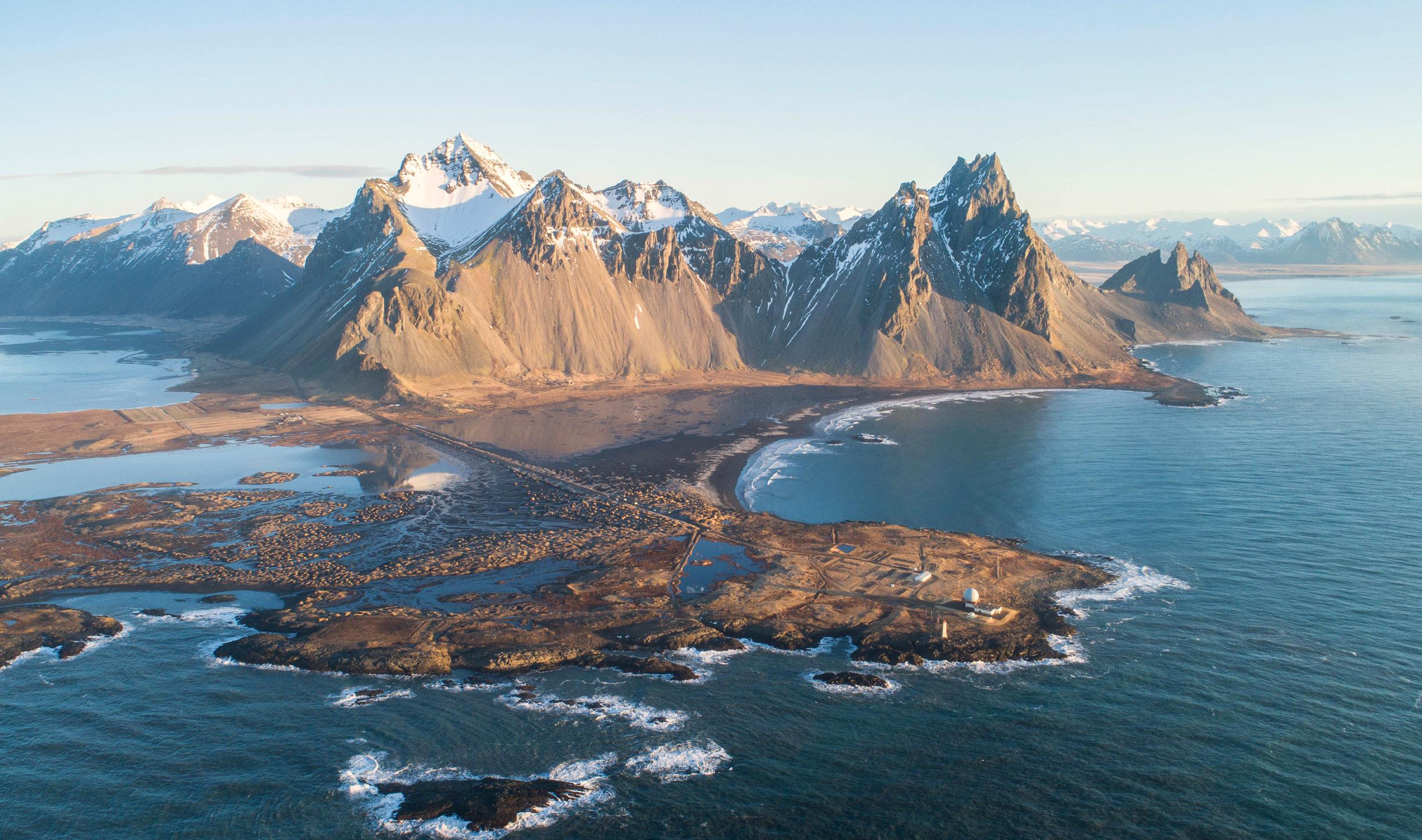

Northern Iceland has a vibrant ski industry with seven ski resorts operating November to May. Backcountry and Alpine skiing are also popular. A robust system of public transportation options, including buses, ferries, and domestic airports make getting from the capital city to the northern region accessible, allowing athletes and visitors access to alpine events.
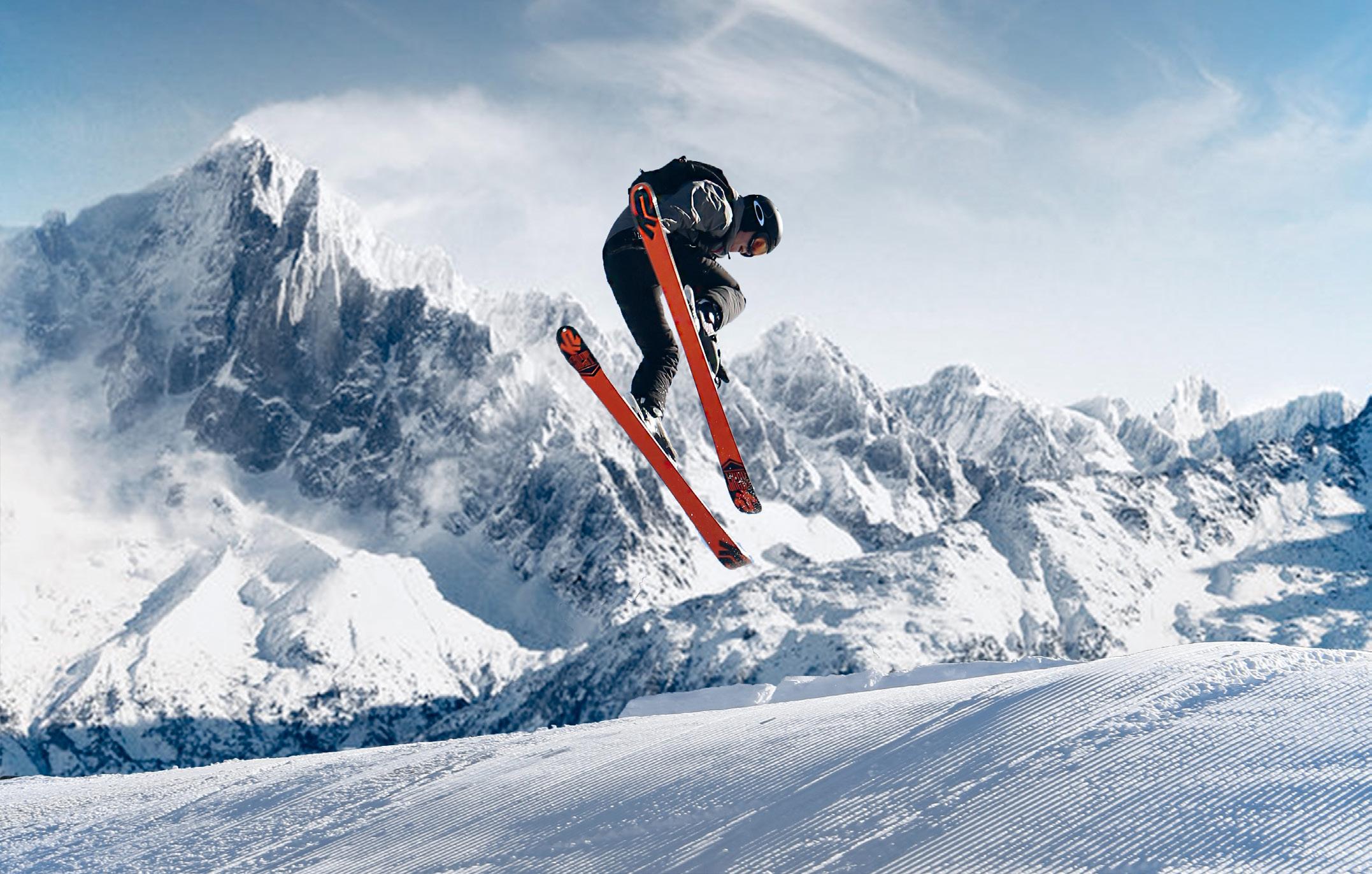
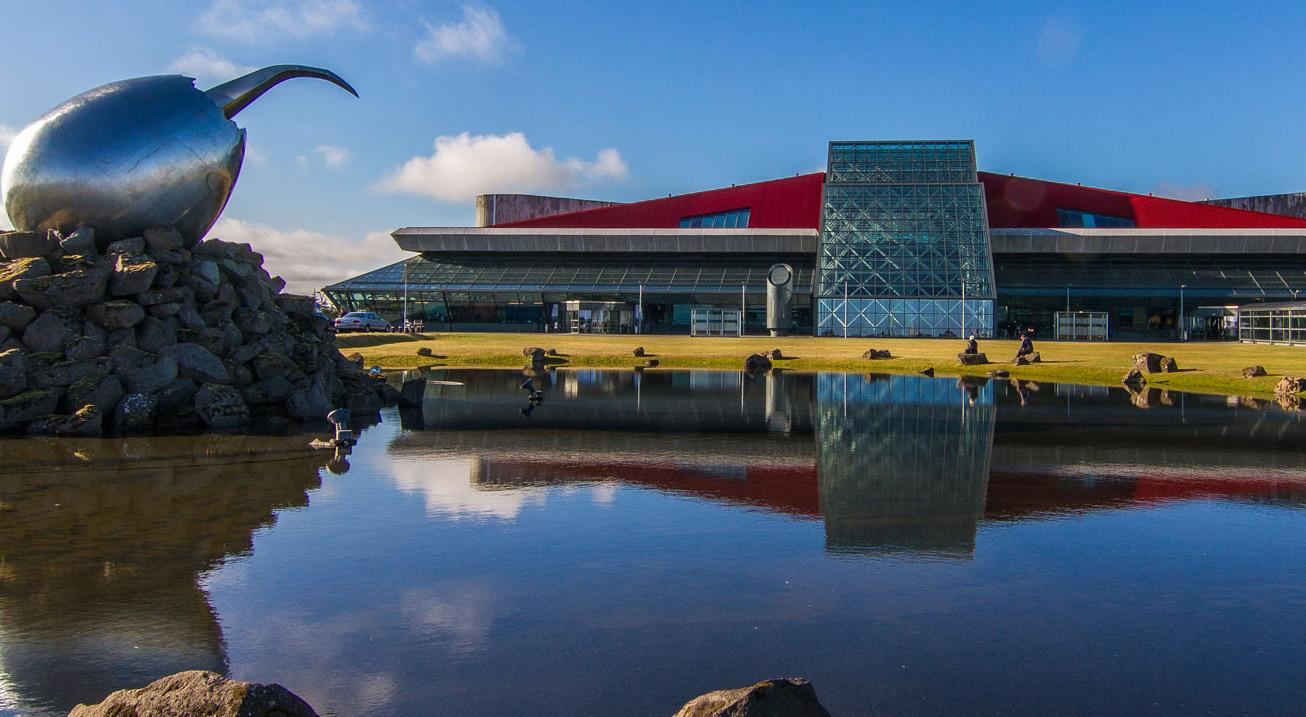

Arts and culture are important in Reykjavik. Reykjavik is home to the Icelandic Art Center, which supports Icelandic contemporary art through grants provided by the Ministry of Education, Science and Culture, as well as partnerships with Icelandic artists and international artists. The Icelandic Art Center is one example of the lively cultural centers within Reykjavik. The Reykjavik Art Museum has three locations within the city, and artwork form the museum is also on display in other public buildings throughout the city. The National Gallery of Reykjavik has the oldest art collection in Reykjavik (originally founded in Denmark in 1884) and is now part of the Reykjavik Art Museum, showcasing Iceland’s traditional Nordic art as well as contemporary artworks. The distinct mix of old and new traditions in visual art provides a wealth of inspiration for the Reykjavik 2026 Winter Olympics brand.

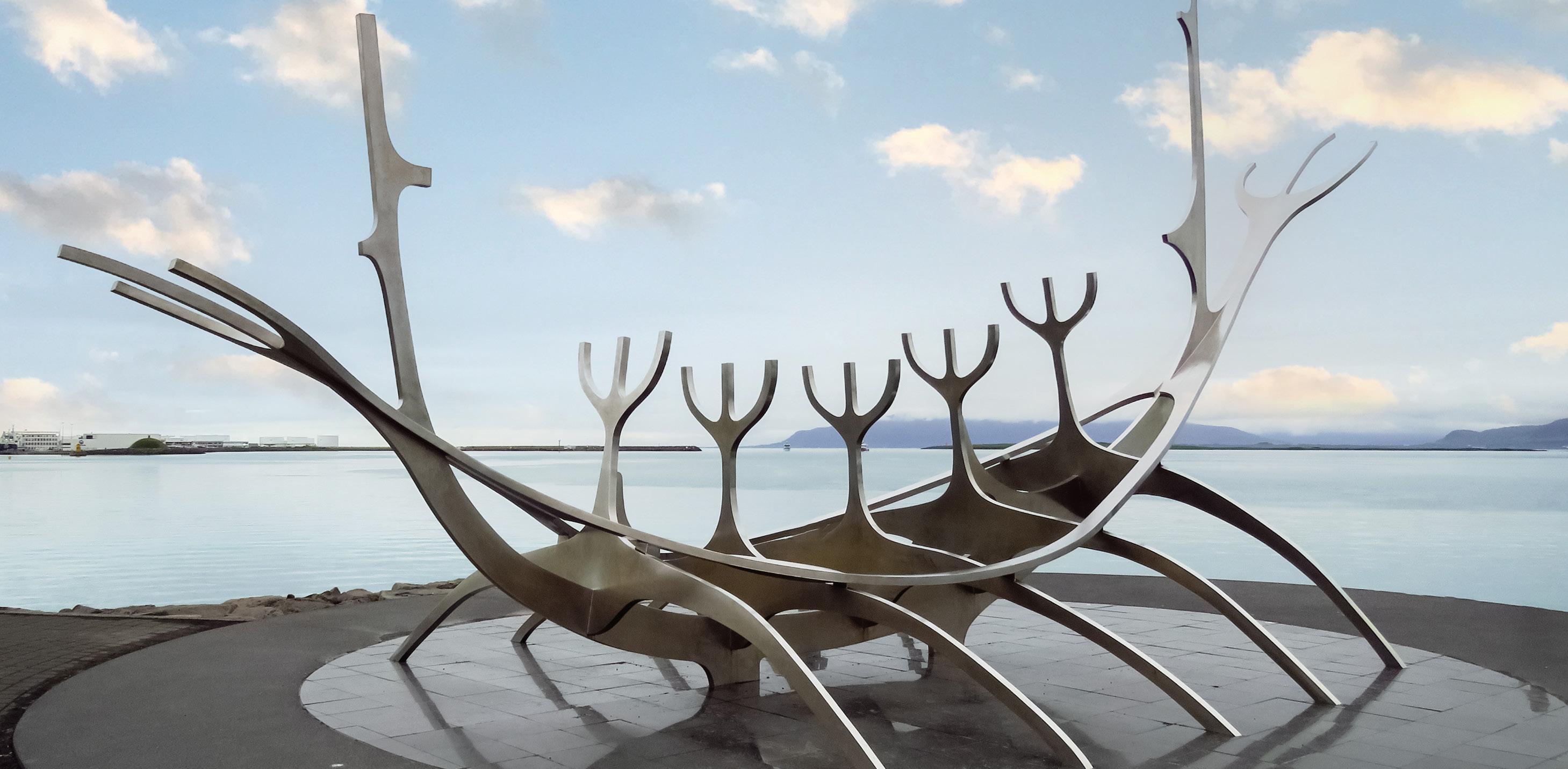
My campaign for the 2026 Reykjavik Winter Olympics highlights Iceland’s natural beauty. The campaign’s threecolor palette draws inspiration from the Icelandic flag and represents the Northern Lights as well as the Icelandic landscape’s geologic extremes between volcanic fire and cold ice. Reykjavik art and architecture also inspired my design. Reykjavik is a “collage of styles,” ranging from European modernism, with clean lines and geometric forms, to classic Dutch and Nordic design. Organic and geometric shapes derived from Icelandic abstract art and nature work harmoniously in the mountain logo design.



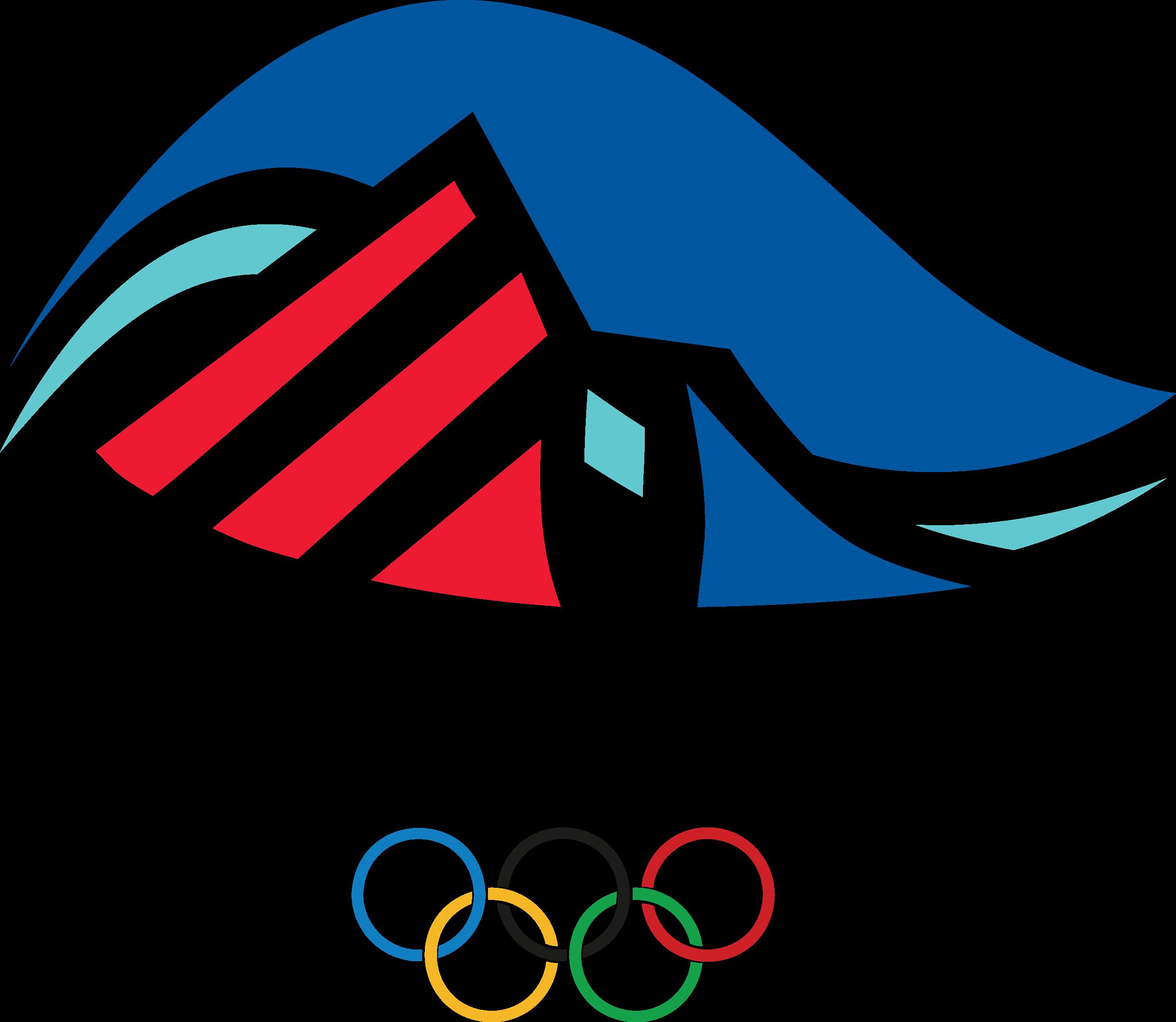
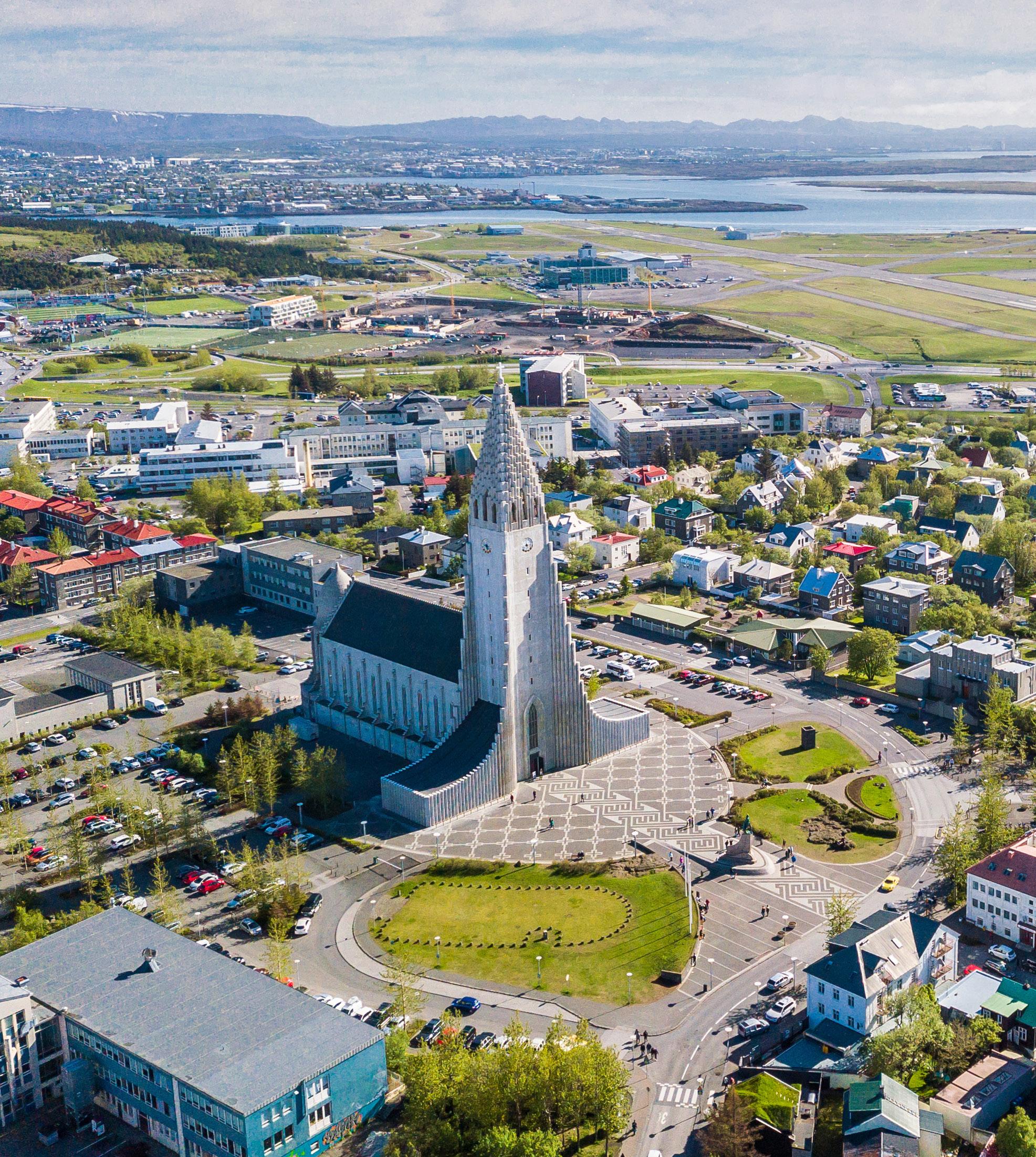
COLORS & FONTS

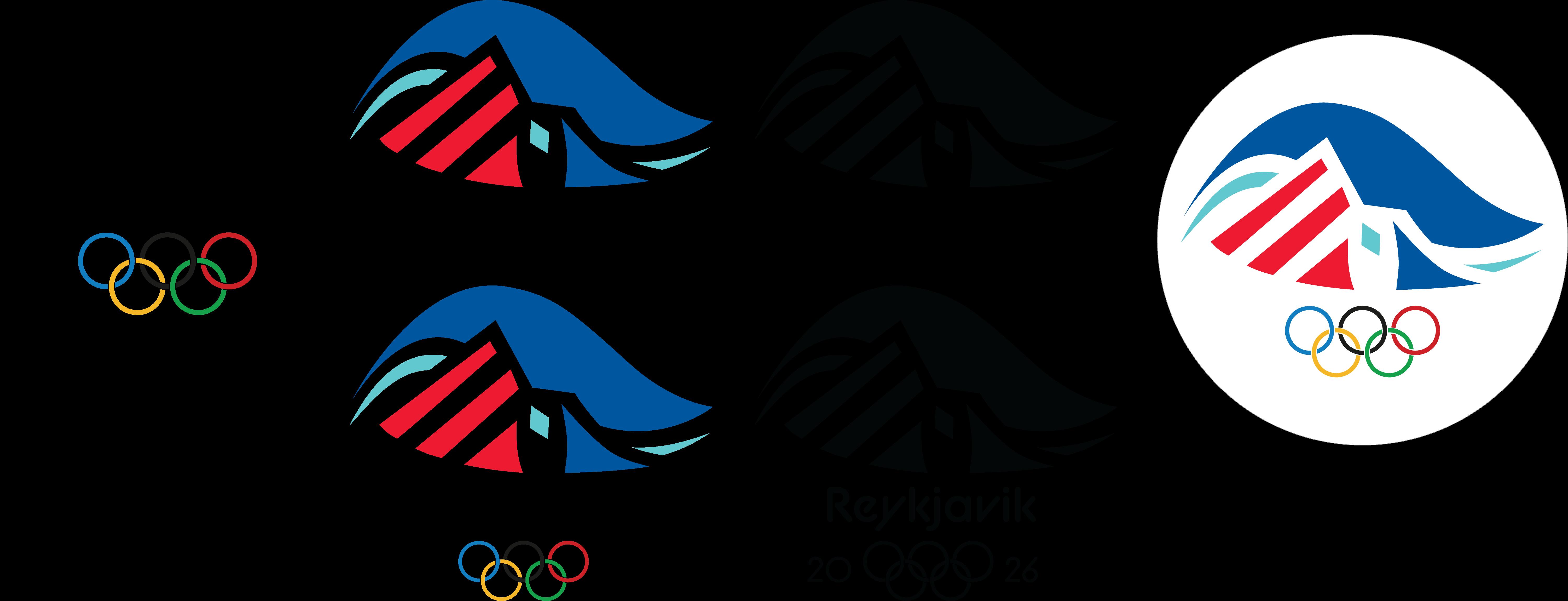
PICTOGRAMS





